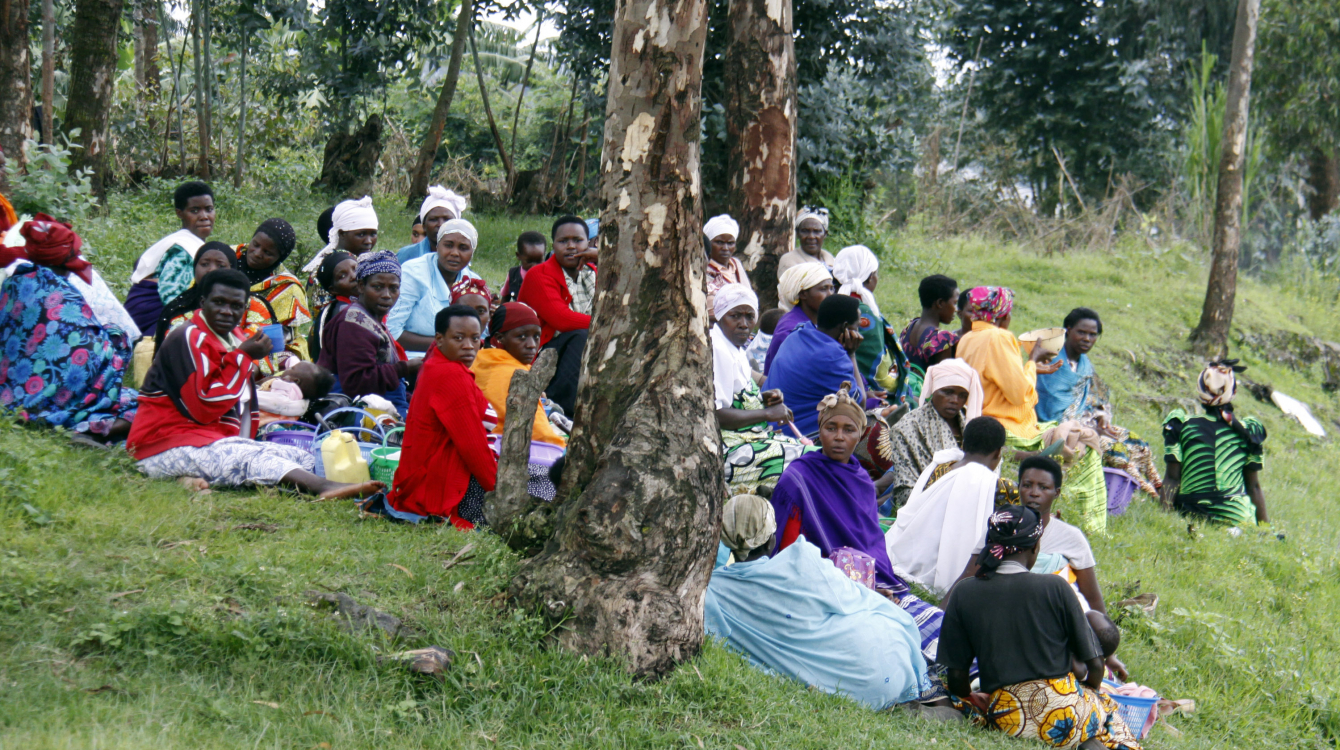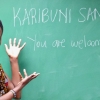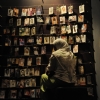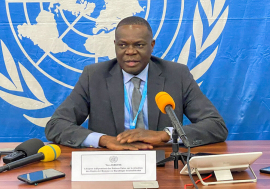VAW in Rwanda
VAW in Rwanda
Gisele Munganyinka (not her real name) is dreading the day, possibly next year, when her husband and father of her two daughters will be released from prison where he is serving a sentence for beating her brutally.
For the tortures she endured during their two decades together, she sometimes wishes that he would never be released.
Her fears are not uncommon despite the Rwanda’s commitment to end violence against women. President Paul Kagame, who is among the 10 Global ‘HeForShe’ Impact Champions, spearheads this commitment.
“Men who abuse their wives should be brought to justice in the strictest form. Why would anyone tolerate violence against women? It should never be tolerated,” said President Kagame, while addressing a political gathering in April 2017.
According to the United Nations Development Program, one in every three Rwandan women has experienced or continues to experience violence at the hands of her male relatives. Estimates by the 2010 Rwanda Demographic and Health Survey found two in five women, or 41%, have experienced some form of physical violence since the age of 15 with the percentage rising to 56 for married women.
Peace Ruzage, ceo of Aspire Rwanda, a Kigali-based NGO providing free vocational skills to vulnerable women, commented: “The problem of violence against women in Rwanda, as with many African countries, is rooted in the cultural beliefs and notions of masculinity reinforced through generations.”
National security priority
Ruzage believes that the biggest obstacle to eradicating domestic violence and, by extension, changing gender-based cultural and societal norms, is men’s resistance to treating women as their equals. Until that change comes, social and cultural norms continue to hinder women from participating in public spheres or feeling that they are worthy enough to say no to violence.
Haguruka is a national NGO that handles cases of gender-based violence, promotes and defends women’s and child rights, and settles disputes over property because this is an entry point for other forms of domestic violence.
“Some men still think they can sell a family property without their wives’ consent. Refusal usually results in beating or other forms of violence,” says Ninette Umurerwa, Haguruka’s national executive secretary.
Last year, the Collectif des Ligues et Association de Défense des Droits de l'Homme au Rwanda (CLADHO), a human rights organization, reported that more than 800 girls under the age of 18 were impregnated around the country. This ignited a widespread campaign to crack down on perpetrators.
“We are working with the Public Prosecution to ensure that whoever impregnated these young girls is brought to book,” said Nadine Gatsinzi Umutoni, the permanent secretary in the Ministry of Gender and Family Promotion.
“Ending violence against women and GBV is a national security priority and we have adopted a strategy and a policy of ‘zero tolerance’ to GBV across all sectors,” Ms. Umutoni said.
A recent report of the National Public Prosecution Authority indicated that 24 cases of human trafficking were investigated this year. Records from the Rwanda National Police show that since 2009, law enforcement handled over 36 cases of trafficking in persons involving more than 150 victims. Many were in transit through Rwanda. Overall, 90% of the victims are female, 82% of them aged between 18 and 35.
The 2015-2016 Demographic and Health Survey (DHS) released by the National Institute of Statistics of Rwanda in March 2016 indicated that 22% of women aged 15-49 experienced sexual violence and that 8% these women had experienced sexual violence in the past 12 months.
Although physical violence is the most noticeable because it touches on public security, other forms of violence include rape and child defilement.
Government’s efforts
Rwanda has invested in promoting gender equity although patriarchal stereotypes regarding the role and responsibilities of women and men persist in the family and in the wider community.
The government instituted a program that offers free psychosocial, medical, police and legal services to adult and child survivors of gender-based violence and child abuse occurring in the family or in the community.
The Joint Program or Isange One Stop Center (IOSC) is coordinated by the Ministry of Gender and Family Promotion and is implemented by the Ministry of Health, Rwanda National Police and the Ministry of Justice.
IOSC reported last month that it had received over 16,000 victims of GBV since 2009 through its 44 branches around the country.
Under the IOSC, time spent to process cases is greatly reduced. The Centre, which also provides services under one roof, is perceived to be victim-friendly, a factor encouraging victims to seek services and to report GBV cases, said Emma Carine Uwantege, the coordinator of Ending Violence Against Women Programme in UN Women (Rwanda).
At an international level, the IOSC has been replicated in other countries and is recognized as one of the best practices in the provision of comprehensive support services to victims of GBV. It was awarded the UN Public Service Award in 2012.
According to the 2009 Social Watch Gender Equity Index, an international network of organizations fighting to eradicate poverty, racism, among others, Rwanda has made considerable progress in promoting gender equality, with only Sweden having a higher score. Gender equality is enshrined in the constitution and Rwanda was the first country in the world to have more than 50% female members of parliament.
To sustain the efforts against GBV, the United Nations in Rwanda recommends that government should that “men are responsible actors in reaching a gender-equal society. Involving men in training and skill building for gender equality will help improve understanding the universal benefits of the empowerment of women.”
Women’s rights laws in Rwanda are progressive, but the enforcement of these laws is still the biggest challenge, said Olive Uwamariya, Rwandan gender activist with Care International.
Rwanda amended its 2003 Constitution in 2015 and added provisions that prohibit all forms of discrimination against women in all spheres of life. It also has the 2008 law on Prevention and Punishment of Gender Based Violence (GBV Law) that legislates for zero tolerance of gender-based violence and provides legal sanctions against its perpetrators.
Rwanda is amending its law on trafficking in person, with the new bill providing for life imprisonment for aggravated human trafficking, which includes trafficking in children and pregnant women.
“We want to send a strong message that human beings are not commodities and that whoever thinks otherwise must pay heavily,” said Ms. Umutoni.
Challenges
But there are concerns over limited legal assistance to victims owing to a lack of forensic evidence to support cases in courts and limited or delayed reporting of VAW cases.
“Reporting to the police is the last resort. A large number of women keep quiet to save their marriages because in the Rwandan tradition a woman with a broken marriage is always viewed with contempt,” said Ms. Uwamariya.
Ms. Munganyinka never reported her husband who started beating her in 2010, after he had taken on a second wife. The case came to the attention of IOSC officers through her brother.
“Other victims remain silent for fear of stigma by community members who may perceive their actions as bringing disrepute or shame to their community or fear of imprisonment of a husband who is the breadwinner for the entire family,” Ms. Uwantege observes.
Stakeholders suggest that the government of Rwanda needs to continue to raise awareness of the fight against violence against women, increase legal representation for the most vulnerable women, especially those living in rural areas, strengthen the capacity of service providers to effectively and diligently handle GBV cases and follow up on the socio-economic reintegration of victims.
The country also needs to protect women like Ms. Munganyinka who are living in fear of revenge from sentenced offenders














